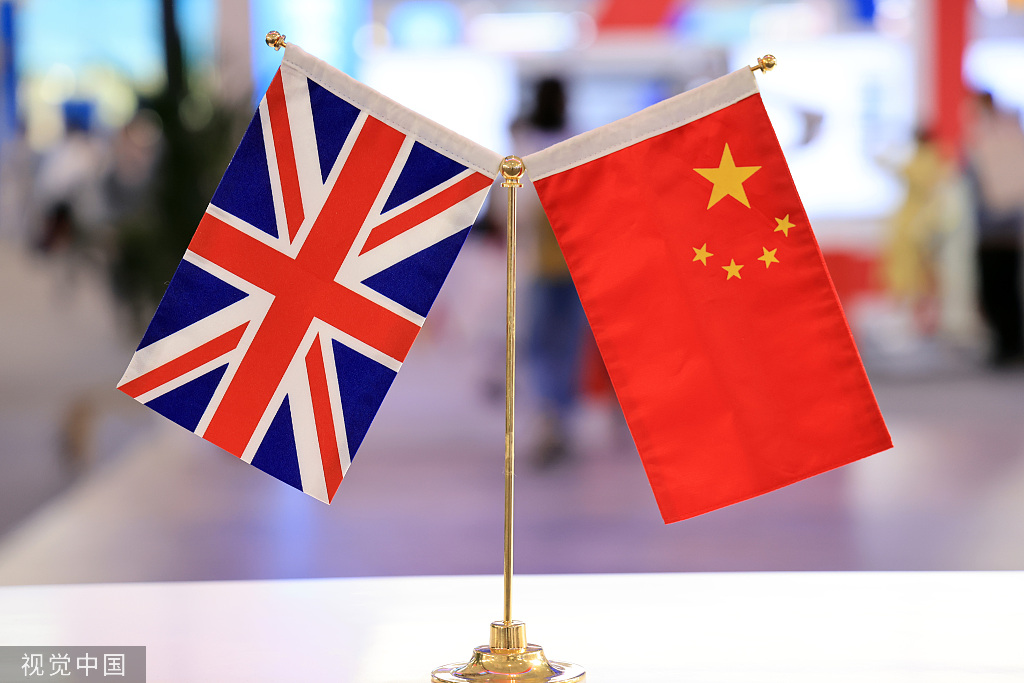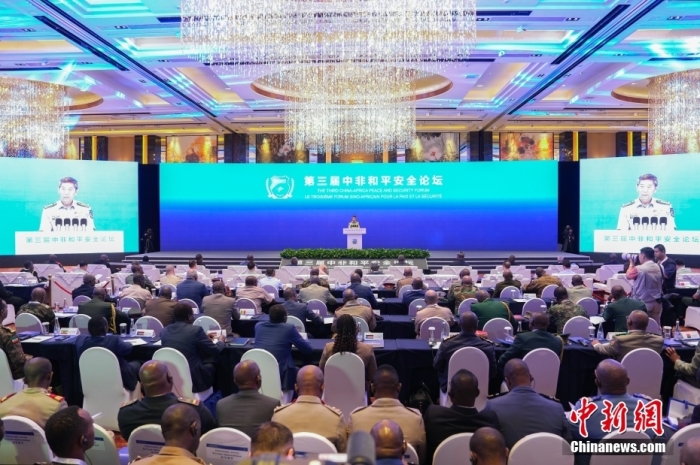In a significant diplomatic stride, the United Kingdom’s Secretary of State for Foreign, Commonwealth and Development Affairs, James Cleverly, is poised to embark on a historic journey to China. This monumental visit holds paramount importance as it is the first time a British foreign secretary has set foot in the country since 2018. Against the backdrop of evolving global dynamics, the trip is anticipated to play a pivotal role in augmenting mutual trust between the two nations.
Fostering Mutual Respect and Collaboration
The China-UK relationship has witnessed fluctuations in recent years, with both nations facing challenges in maintaining high-level interactions. Foreign Ministry spokesman Wang Wenbin, emphasizing mutual respect, expressed optimism that the visit would deepen exchanges and bolster understanding. This sentiment is echoed by Wang Yiwei, a renowned professor at Renmin University, who highlights the symbiotic nature of China-UK ties and the shared responsibility of championing global peace and development.
Avenues for Strategic Cooperation and Economic Synergy
Amidst the complexities of international geopolitics, Cleverly’s visit is poised to invigorate strategic understanding between the two nations. Experts anticipate discussions on pragmatic cooperation, ranging from economic dialogue to rule-setting in service management. Notably, the UK, driven by post-Brexit imperatives, seeks to leverage China’s expansive market. Wang Yiwei underlines the substantial potential for collaboration in areas like digital transformation and sustainable development.
Overcoming Geopolitical Tensions and Building Autonomy
Cleverly’s visit arrives in the wake of high-profile US officials’ journeys to China, suggesting a synchronicity in diplomatic engagement. Nonetheless, the China-UK relationship has grappled with challenges arising from alignment with US policies. Li Haidong, an expert in US studies, underscores the need for the UK to assert greater autonomy in its China policy, steering clear of being ensnared in geopolitically charged blocs. This shift, he contends, could pave the way for a more stable and constructive bilateral partnership.
Cleverly’s forthcoming trip to China holds the promise of rejuvenating the China-UK relationship. The visit is strategically timed, considering the evolving global scenario and the need to overcome geopolitical tensions. As the UK seeks to redefine its role post-Brexit, forging a self-determined path in diplomatic engagements could potentially lead to a more stable and harmonious partnership between these two pivotal nations.
















